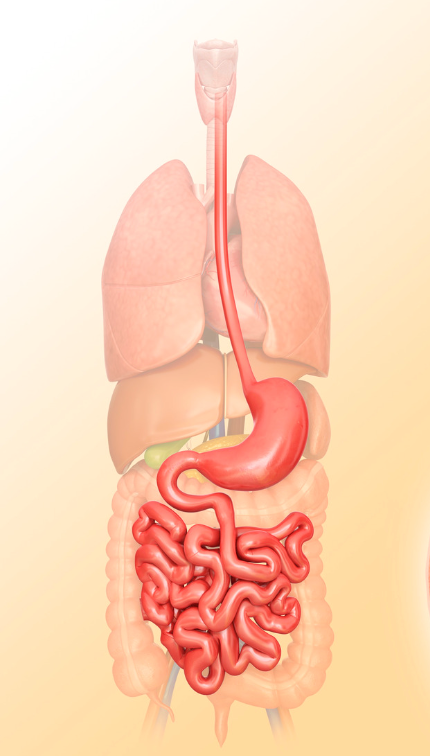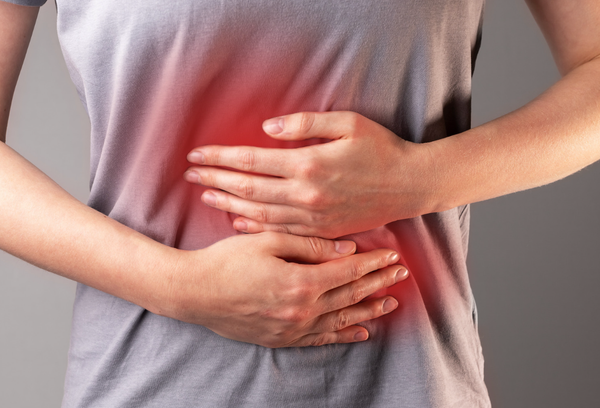Stomach and intestinal problems: Symptoms, investigation and treatment
What are gastrointestinal diseases?
Gastrointestinal diseases encompass a wide range of conditions that affect the digestive system. They can vary in severity from mild, transient ailments to chronic illnesses.
If you experience abdominal pain or problems in the rectum, our doctors can examine everything from intestinal bleeding, reflux, hemorrhoids and hernias, to gallstones, intolerance, appendicitis and constipation. We can check for blood in the faeces, as well as send in samples for investigation of gluten allergy and infections in the stomach and intestines.
Book appointment

